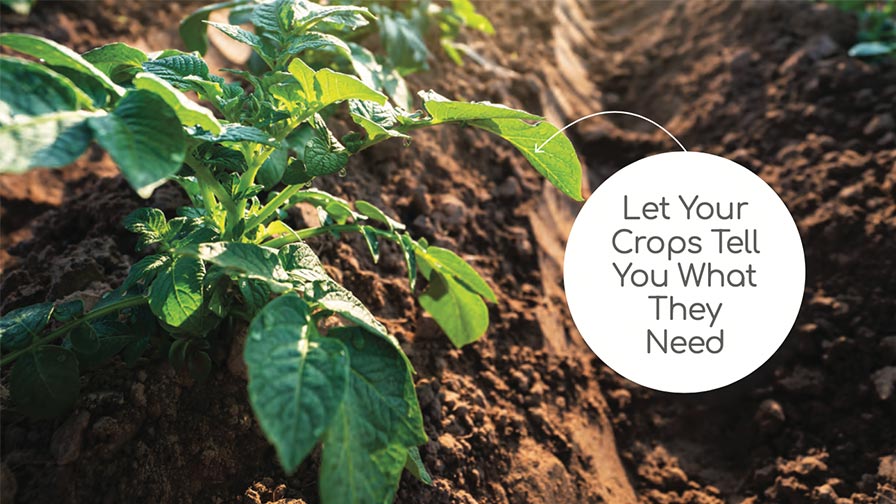Opinion: Ag Fuels Florida’s Future
The University of Florida’s (UF) agricultural program traces its history to 1853 and the East Florida Seminary in Ocala, which included agricultural topics in its curriculum. Today, IFAS has Extension offices in each of the state’s 67 counties, and research and education centers throughout Florida. It also includes the Florida Cooperative Extension Service, the Florida Agricultural Experiment Station, the College of Agricultural and Life Sciences, the School of Forest Resources and Conservation, the School of Natural Resources and Environment, portions of the College of Veterinary Medicine, and the Florida Sea Grant program.
While it’s true that a smaller percentage of the U.S. population is employed in agriculture today, the agricultural industry is growing and expanding. The agricultural, food, and natural resources industries are one of the major economic pillars of the Florida economy. That’s because we have so many more people to feed and so many challenges that didn’t exist in the 1800s.
But scientific advances from land-grant universities, including the University of Florida, have helped create technology that allows fewer people to produce more food. The land-grant university is also vital to the state’s economic development, as agriculture adds nearly $102 billion in value-added economic impact to Florida. Our role involves everything from ensuring food is safe to improving how it’s processed and packaged to developing specialty crops. Since Florida produces a large variety of specialty crops and plants, the development of new plant varieties is critical to the further development of the industry. Through biotechnology, we can develop plants that are more drought tolerant and disease resistant, and produce for specific market windows.
UF/IFAS boasts a very long list of agricultural accomplishments. We created a way to make frozen concentrated orange juice, which became a staple in most American households and greatly boosted the state’s citrus industry. We’re responsible for literally thousands of studies that have helped enhance Florida’s traditional and nontraditional agricultural products. We’ve found ways to control and eliminate all kinds of plant and animal diseases and pests. We’ve done pioneering work in agroforestry, created the Sentricon termite bait system for termite control, and we are constantly helping growers by releasing new plant varieties for all kinds of crops that produce more, are more profitable, and resist disease. And IFAS Extension agents help citizens and producers solve problems every single day.
Despite challenging economic times, even more accomplishments are sure to come. I believe we can make more headway with finding a way to create citrus trees that resist greening. UF’s Water Institute, which began in 2006 and includes numerous IFAS faculty, has the ability to make great strides in protecting the state’s water quality as well as contributing to national and global water concerns. We’re well on our way to being a leader in creating sources of alternative energy with non-food crops. And whatever we do in the future, we will be listening to what our many citizen and industry advisory groups are telling us they need. As IFAS focuses resources on meeting those needs with research and educational programs, Florida agriculture will thrive.








